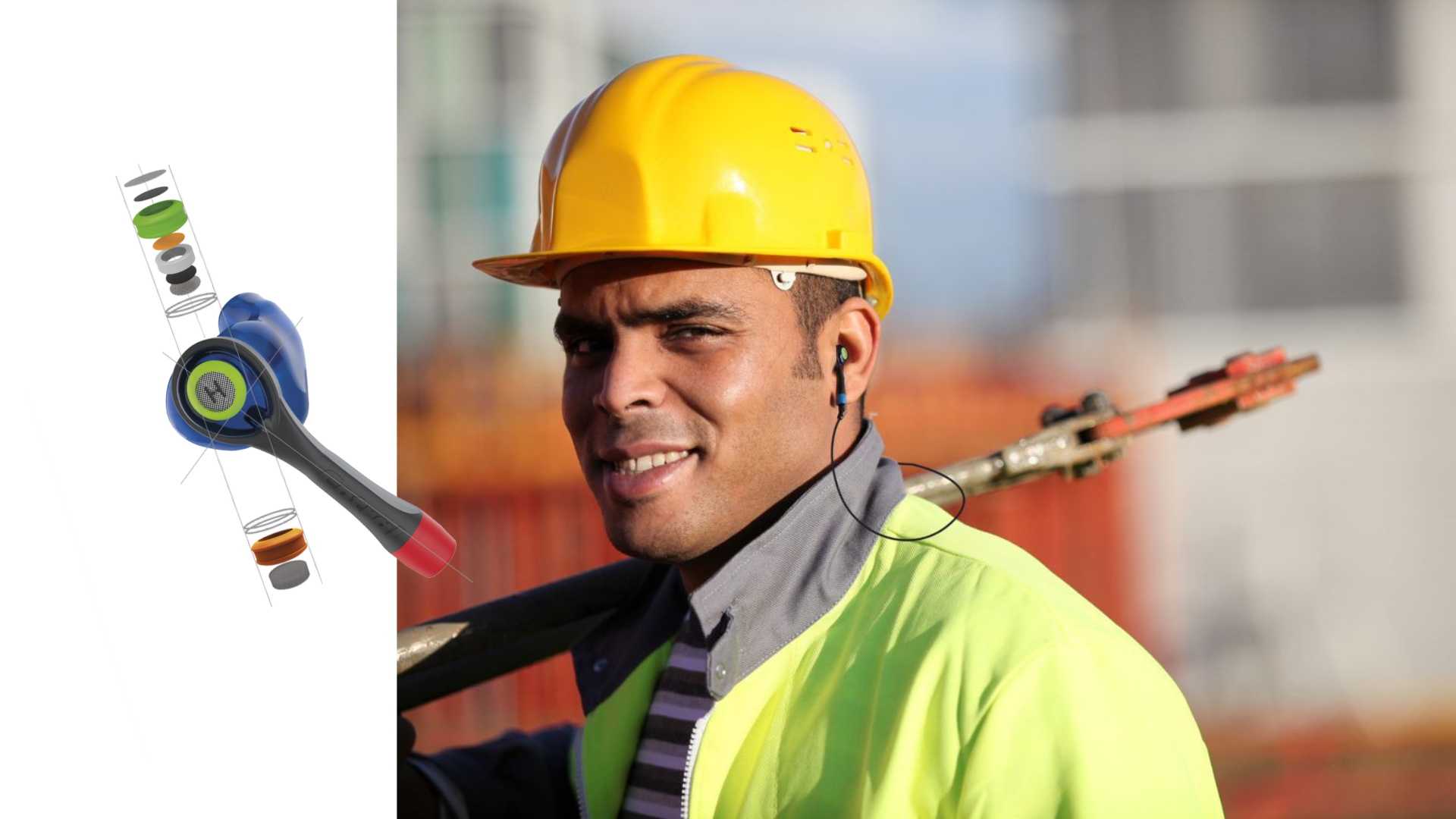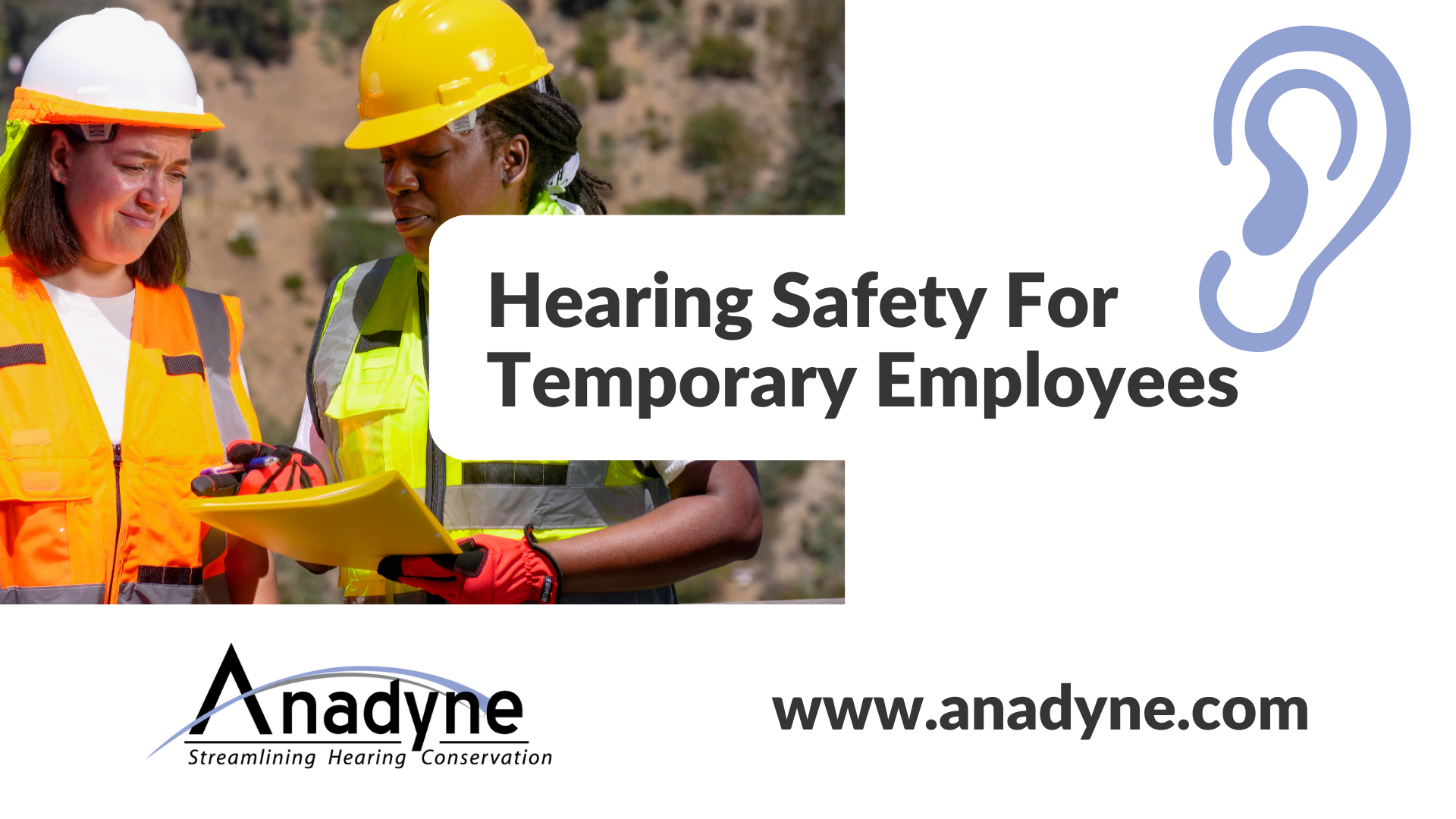Understanding Noise-Induced Hearing Loss
Nearly 50 million Americans have hearing loss. Some factors that can lead to hearing loss include genetics, natural aging, illness, injury, or infection. However, millions of Americans suffer from noise-induced hearing loss, a totally preventable form of hearing loss that’s caused by exposure to excessively loud noises.
Noise-Induced Hearing Loss
Noise-induced hearing loss (NIHL) is one of the leading causes of hearing loss. We’re exposed to loud noises every day, from traffic noise to household appliances to your favorite workout track at the gym. Whether at home or at work, our environment is saturated with noise, and we’re always turning up the volume. While some sounds are perfectly safe, many of the sounds at work and in our recreational activities are far too loud, and can cause irreversible damage to your ears. NIHL is hearing loss that starts in your ears. The delicate cells in the cochlea, or fluid filled inner ear, that are responsible for picking up on the sound waves around you are easily damaged by loud noises. When they’re damaged or destroyed you will experience hearing loss, and once these cells die they don’t regenerate. You’ll experience permanent tinnitus or hearing loss that will affect the rest of your life.
How Loud is Too Loud?
If you’re asking if something is too loud, it probably is. Do you leave a concert with ringing in your ears, or tinnitus? Do you have to yell to be heard by the friend sitting next to you? If the answer is yes, then the sounds around you are far too loud, and you’re damaging your hearing.
Understanding Noise-induced hearing loss is all about the decibels (dB). Decibels are a way to measure sound volume, and the higher the number, the louder the sound. Some sounds are safe to listen to for many hours, and others can damage hearing in a matter of seconds. Sounds under 85 dB are considered safe, and unlikely to lead to hearing loss. Normal conversation, the hum of the refrigerator, or watching TV with the volume on low won’t cause hearing loss. However, many sounds are above 85 dB and will cause hearing loss.
NIHL can be sudden or gradual. If you’re exposed to one sudden, extremely loud sound like a gunshot at close range or fireworks a few feet away you’re hearing will be permanently damaged. Most commonly, NIHL is a gradual process, as the constant exposure to loud sounds chips away at your hearing health at work or during recreational activities.
Sounds that Cause Hearing loss
If you’ve left work feeling like sounds around you are muffled or faint, your body is telling you that the sounds were too loud, and were hurting your ears. You need to wear hearing protection, and step outside from time to time to give your ears a break. Some workplaces are extremely loud, with sounds from heavy equipment or machinery reaching up to 120dB. Working in this environment for a few minutes will cause permanent damage, and being exposed to these dB levels for an entire work day is deadly to your hearing health. Other sounds that can cause hearing loss are traffic noise, screeching brakes, and emergency sirens. Around the house, power tools, vacuum cleaners or leaf blowers are all loud enough to damage your hearing.
Protecting Your Ears from Noise-Induced Hearing Loss
While foam earplugs work in some situations, and are a great thing to have in your bag for emergencies, at work or during summer music festival season you don’t want to wear uncomfortable earplugs, and might choose to damage your hearing rather than putting in earplugs you don’t like.
Learn More with Anadyne
At Anadyne, we’re focused on helping you hear by providing the best in hearing protection. We’ll test your hearing , and help you determine what kind of hearing protection you need to keep your ears safe. Our custom fit hearing protection will save your hearing, and build safety into your work and home life. From musicians’ earpieces to high quality digital devices that will eliminate harmful sounds but still let you communicate with your coworkers, we have a wide selection of hearing protection for all your hearing needs. To protect your hearing, visit us at Anadyne to discuss hearing protection options.
The post Understanding Noise-Induced Hearing Loss appeared first on Anadyne.










